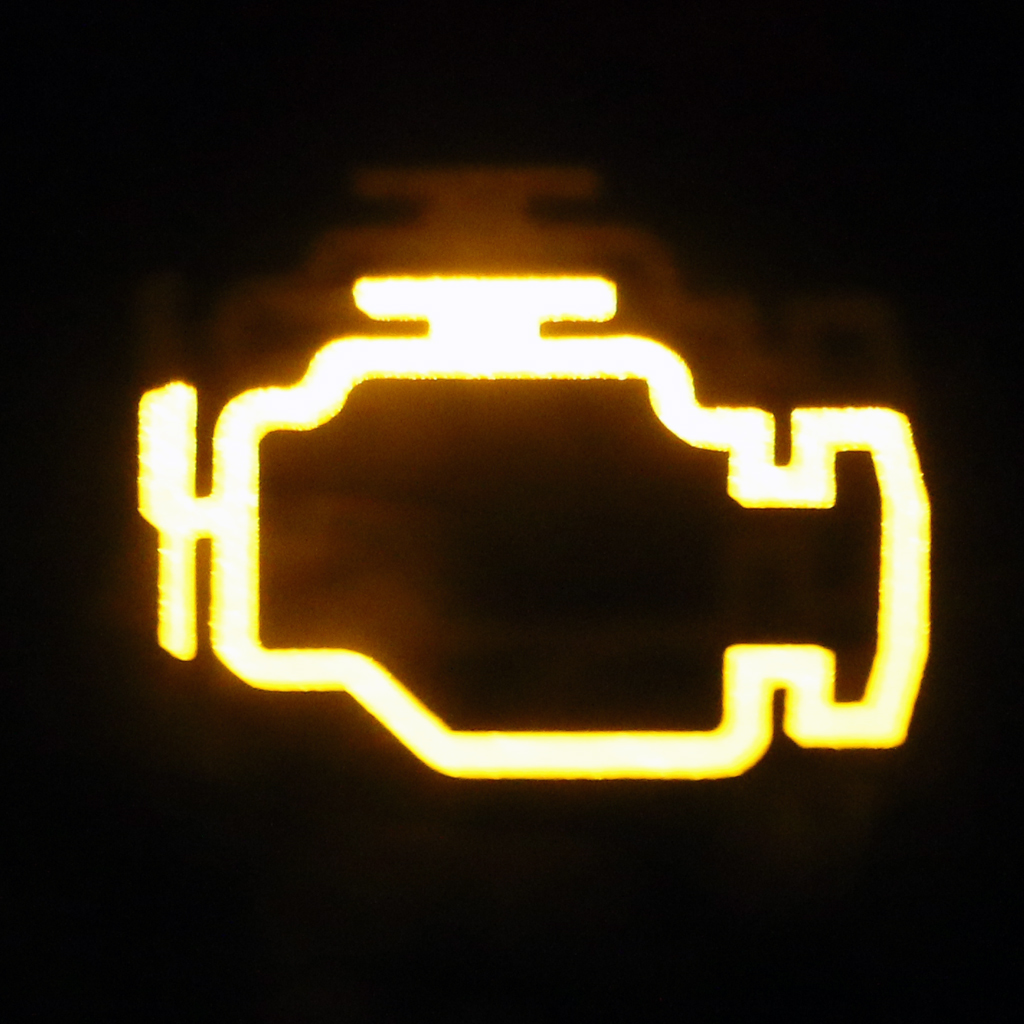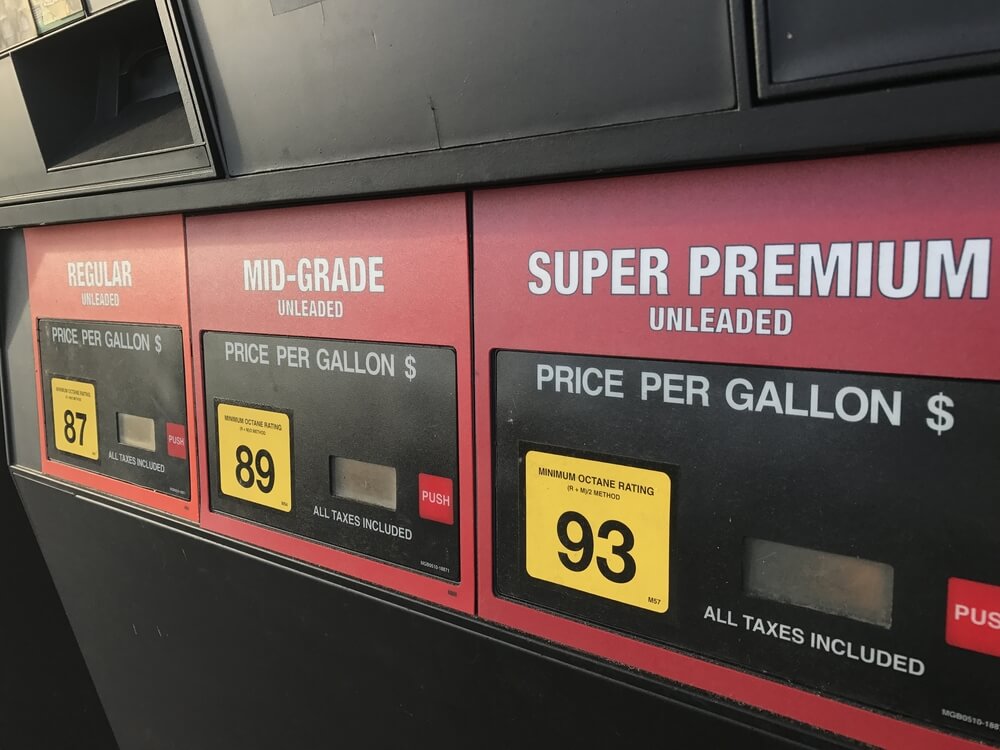Posted on 3/26/2021

Follow the link below to read the article: Change Your Oil!
Posted on 2/15/2021

"The C.E.L., I was told it's nothing, don’t worry about it!" Hi, I have heard this from customers countless times over the years. It seems as though either the internet is telling people, "don’t worry about it", or that someone in the automotive field is telling customers that, which I find hard to believe. Or perhaps some people are choosing this line of thinking all on their own. One of the reasons for this may be a misunderstanding of what the C.E.L, SERVICE ENGINE SOON, OR PICTURE OF AN ENGINE, light is for. When talking to customers about that light being on, the first thing they say is this is going to cost a lot of money! Well, maybe not. Through the years, there have been many times where these repairs turned out to be some of the least expensive repairs I've made. With that being said, there are some failed emissions components that are very expensive. This is what the C.E.L. is all about: the emissions of your ve ... read more
Posted on 1/25/2021

Hi, today we will talk about gasoline and what Octane is best for your car. Is it all about the price? Is the higher number octane better for my car? Will I damage my car using the wrong octane gasoline? Is there any difference? All good questions. The simple answer is yes it does matter. The bottom line is that your car is designed to run specific octanes. All of this is dependent on the performance level of your engine. If your car is designed to run on 87 octane, that is the fuel you should use (note: your proper octane can be found in your owner's manual or on the inside of the gas door). Higher octane gasoline is designed to resist ignition and is therefore used in performance engines with a higher compression ratio than is typically found in your average family car. This resistance to ignition is to prevent PING or SPARK KNOCK from happening inside the engine. High performance engines usually require an octane of 93 or above. Running a lower octane fuel in ... read more